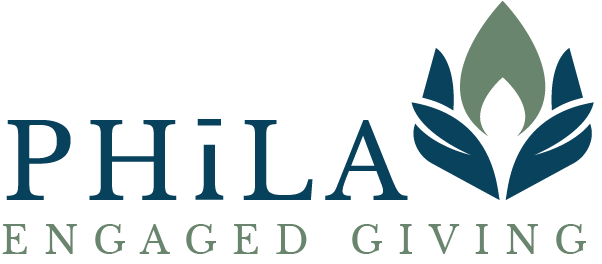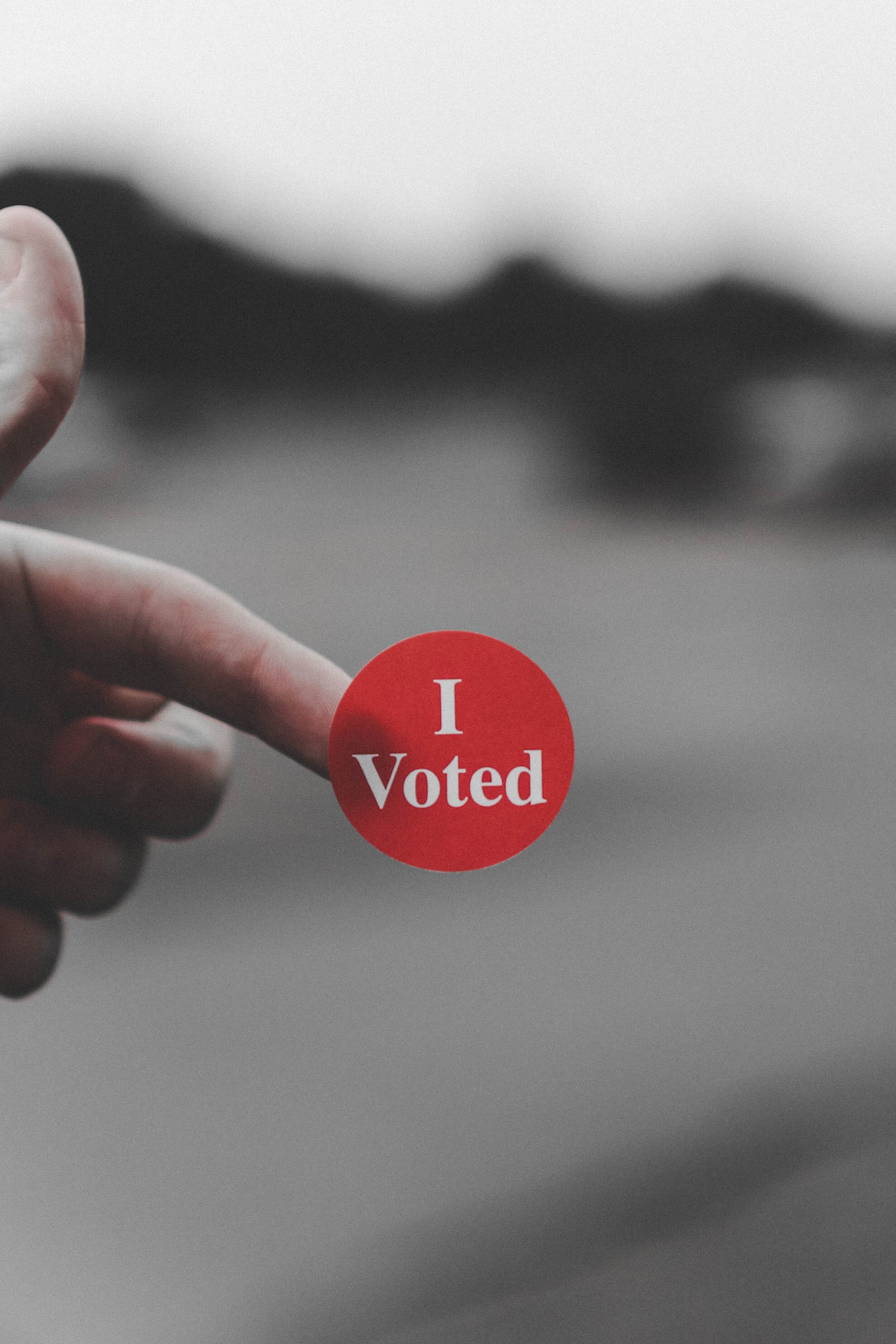This blog is adapted from the original work created for the Initiative to Accelerate Charitable Giving.
Image courtesy of Unsplash
In addition to my work at Phīla Giving, I co-founded, with Christina Lewis, a nonprofit organization called Give Blck in September of 2020. Give Blck gives voice to 500+ Black-founded nonprofits and addresses racial equity by offering a comprehensive database for donors to find and fund Black nonprofits. It began as a response to individuals seeking a way to support Black-owned business and Black organizations in the wake of the murder of George Floyd in May of 2020.
Given our involvement in philanthropy as non-profit founders and individual philanthropists, we are acutely aware that funding and investing in Black nonprofit organizations are critical – yet often forgotten – pieces to tackling systemic racism and inequality. We have seen first-hand how structural issues in the philanthropic sector slow money getting to working charities and the out-sized impacts they have on communities of color. The lack of transparency of donor advised funds makes it difficult for organizations to cultivate relationships with donors. Not to mention the fact that despite the hefty payouts during the pandemic, commercial DAFs are still sitting on billions of dollars that are already dedicated to the common weal but are sitting fallow instead. While these difficulties hit all organizations, the hit is disproportionally devastating to Black and BIPOC groups. Just this past February–Black History Month–only four percent of the $450 billion dollars donated to charity went to organizations led by underrepresented minorities.
Through Give Blck, I have signed on to support The Initiative to Accelerate Charitable Giving’s reforms because they address outdated provisions in the current tax structure and reforming these charitable giving laws is a crucial step towards achieving racial and economic equity in our sector. What can be done? IACG has specific recommendations for reform for private foundations and donor advised funds.
For private foundations, while they are subject to a 5% payout rule to ensure a regular flow of dollars to tax-exempt public charities, savvy trustees can easily work around this requirement. At a time when every dollar counts, Congress should ensure that existing rules are reformed to fulfill their purpose by stipulating that:
Private foundations cannot meet their payout obligations by paying salaries or travel expenses of foundation family members.
Private foundations cannot meet their payout obligations by making distributions to donor-advised funds.
Donors cannot avoid private foundation status (with its attendant rules) by funding their entities through donor-advised funds.
Congress should also enact incentives and reforms to ensure that private foundations continue to play a pivotal role in the charitable ecosystem by distributing more of their assets to operating charities, such as:
Reduce to zero the private foundation excise tax for any year in which the private foundation’s payout is 7% or more.
Eliminate the excise tax for any newly created, time-limited private foundation with a life of 25 years or less.
Donor-advised funds (DAFs), on the other hand, call for a completely different approach. They have over $120 billion set aside for future charitable gifts. The problem is that current rules fail to provide any incentives or requirements for DAFs to ever distribute their money.
DAFs can and should continue to play an important role in charitable giving, but there need to be rules to ensure that funds donated to DAFs are made available to working charities within a reasonable period of time. Congress should enact reforms that ensure that payout occurs by allowing donors to choose one of two regimes for their DAF donations:
A 15-year DAF Rule under which a donor would get upfront tax benefits (as under current law), but only if DAF funds are distributed (or advisory privileges are released) no later than 15 years from the year of the donation to the DAF.
An Aligned Benefit Rule, an alternative for donors who want more than 15 years to distribute their DAF funds, allows a DAF donor to continue to receive capital gains and estate tax benefits upon donation but would not receive the income tax deduction until the donated funds are distributed to the charitable recipient. This rule would create an incentive for donors to get donations to charities sooner. View details and other proposed reforms on their website.
It is critical that we implement IACG’s reforms now because we are in a unique moment of awareness and openness to examine how business has been done in the past and how it may aid in nurturing inequality at a time when more people than ever around the world are motivated to make the rules work better for everyone.
If these proposals become law, there will be short and long-term benefits that would do much to invigorate and make our sector more equitable. But we don’t need to wait for Congress to act. You can implement some of these changes now and on your own to move your money faster and more equitably.
We must be more deliberate with our philanthropic giving and intentional with regard to who we want to fund. Casual, colorblind donations to organizations, believing that somehow everything will work itself out in the end, will at best be ineffective as it pertains to dealing with pre existing racial disparities. It is far more likely that the absence of deliberate and meaningful reforms in philanthropy will only widen gaps that should be closing.




